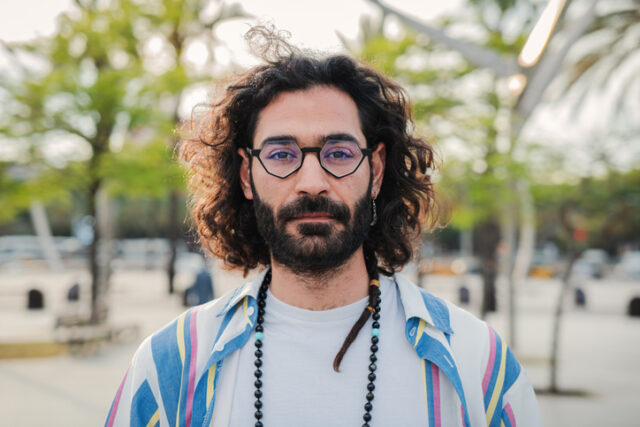You don’t need to be a TikTok influencer or have a social circle the size of London to be a main character in life.

It’s all about how you carry yourself and, ultimately, how you live the one life you’ve been given. Here’s how you know you’re taking charge of your narrative and forging your own way forward.
1. You trust the plot twists in your story.

When life throws unexpected turns your way, you don’t just freeze or panic. You’ve learned that detours often lead to the most interesting chapters of your life. The path rarely goes according to the original outline, and you’ve made peace with that unpredictability. Each surprise becomes part of your evolving narrative.
2. Your decisions raise eyebrows sometimes.

Not everyone understands why you’d leave that stable job, move to that city, or take that risk. You make choices based on your internal compass rather than external expectations. Your life moves forward through active decisions, not passive acceptance. The path makes sense to you, even when other people question it.
3. You collect specific memories, not general experiences.

Your stories don’t blur together into vague recollections of “that one summer” or “that job I had.” You remember distinct moments, conversations, and feelings because you’re fully present when they happen. These vivid memories form the chapters of your life rather than just marking time.
4. Your life has seasons, not just years.

Looking back, you can identify distinct phases and transformations in your journey. Each period has its own flavour, lessons, and evolution. Time isn’t just passing — you’re actively moving through different chapters. These seasons shape who you’re becoming rather than just ageing you.
5. You create meaning instead of searching for it.

Rather than waiting for life to reveal its purpose, you actively infuse meaning into your experiences. You turn ordinary moments into significant memories through your perspective and engagement. The meaning comes from how you interact with life, not from life itself.
6. Your struggles feel like character development.

Difficult times don’t just happen to you — they transform you. You recognise that challenges are reshaping your character and perspective. Each obstacle adds depth to your story rather than just causing pain. The hard parts matter as much as the victories.
7. You leave room for supporting characters.

While you’re living your own story, you recognise the importance of other people’s journeys. You make space for meaningful connections without losing your own plot. The best stories interweave with other people’s without getting lost in them.
8. Your life has themes, not just events.

Certain patterns, ideas, and questions weave through your experiences. You notice these recurring elements and how they evolve over time. These themes give your story coherence and depth beyond just a series of random happenings.
9. You welcome plot development.

Change doesn’t terrify you because you see it as part of your character arc. You understand that staying static means staying stuck. Growth requires movement, even when it’s uncomfortable. The story has to keep moving to stay alive.
10. Your choices reflect character consistency.

Your decisions align with who you are, not just what’s expected or convenient. You’ve developed a strong sense of your character and stay true to it. This internal consistency guides your actions even when the path isn’t clear.
11. You write your own backstory.
 Source: Unsplash
Source: Unsplash Instead of letting past experiences define you, you actively interpret their meaning in your life. You choose which parts of your history shape your present and future. The story behind you matters less than the story you’re creating.
12. Your conflicts drive personal growth.
 Source: Unsplash
Source: Unsplash When facing opposition, you engage with it rather than avoid it. You recognise that tension and resolution are essential parts of any meaningful story. Conflicts become opportunities for development rather than just problems to solve.
13. You notice the significant details.
 Source: Unsplash
Source: Unsplash Small moments catch your attention because you understand their potential importance. A random conversation, an unexpected view, a brief connection — these details often become turning points. The story lives in these seemingly minor moments.
14. Your life has momentum, not just movement.
 Source: Unsplash
Source: Unsplash Each experience builds on the previous one, creating forward motion rather than just activity. You’re not just busy — you’re progressing. The direction matters more than the speed. Every step connects to something larger.
15. You embrace character flaws.
 Source: Unsplash
Source: Unsplash Your imperfections aren’t just problems to fix — they’re part of what makes your story interesting. You work with them rather than against them. Perfect characters make boring protagonists, and you understand that complexity matters.
16. Your story remains unfinished.
 Source: Unsplash
Source: Unsplash You don’t rush to wrap everything up neatly or reach some final destination. You stay open to new possibilities and continued growth. The best stories keep evolving, and you’re comfortable with the ongoing nature of your journey.




